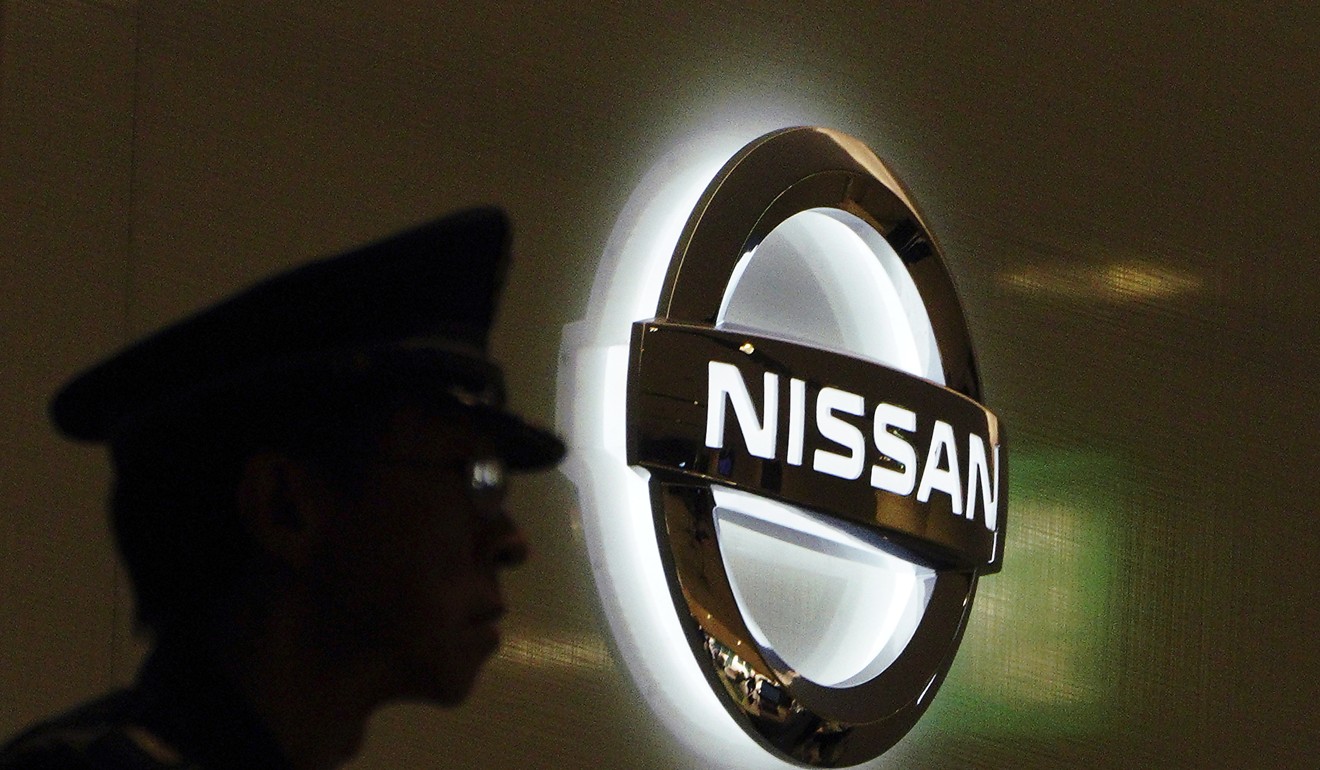
Carlos Ghosn’s lawyers suggest Nissan planted evidence in flat to ‘compromise his good reputation’
- Brazilian-born Ghosn was arrested last month and indicted this week in Japan for allegedly under-reporting his income
- Nissan also alleges he diverted company funds to pay for personal expenses. He has been held in Japan since his arrest
The battle between Nissan and its ousted chairman Carlos Ghosn in Brazil’s courts escalated on Thursday after the Japanese carmaker sued his sister alleging “unjust enrichment” and his lawyers alleged Nissan could have planted evidence.
In the afternoon, Nissan faced a setback in its battle to secure the contents of a beachfront flat in Rio that Ghosn used when he ran the company and which it says may contain evidence of wrongdoing. An appellate judge ruled that Ghosn or his daughter must be allowed into the flat for 24 hours to retrieve personal belongings.
Brazilian-born Ghosn was arrested last month and indicted this week in Japan for allegedly under-reporting his income. Nissan also alleges he diverted company funds to pay for personal expenses. He has been held in Japan since his arrest.
How did Ghosn hide US$70 million from the company that paid him?
The Rio flat has become the centre of a side battle to the case being fought in Japan. Nissan says it has found three safes there that could contain evidence of Ghosn’s alleged crimes.
Ghosn and his daughter, however, have sued to retrieve what they say are personal items, such as “photographs, jewellery, watches and books”.

In court papers, lawyers for Ghosn said that since Nissan had entered the flat after his arrest, the carmaker could have “inserted objects or documents that could compromise his good reputation”.
A representative for Nissan in Brazil declined to comment. A Ghosn family representative had no comment on the “unjust enrichment” lawsuit and did not respond to a request for comment on the flat decision.
Additional details regarding the unjust enrichment lawsuit were not immediately available and it was unclear how long it might take to resolve the case.
Carlos Ghosn’s dramatic fall from business superstar to suspect
The Japanese press had already reported that Ghosn’s elder sister, Claudine Bichara de Oliveira, could be embroiled in the scandal.
Nissan’s internal investigation found Ghosn had instructed the company since 2002 to pay about US$100,000 a year to his sister, according to a November report by the Yomiuri newspaper, Japan’s largest daily by circulation, that cited unnamed sources. The compensation was supposed to be for a role as an adviser.
The paper added that Bichara de Oliveira had in fact been living in and managing the Rio flat that Nissan had bought for the use of Ghosn and that she had done no advisory work for the carmaker.

